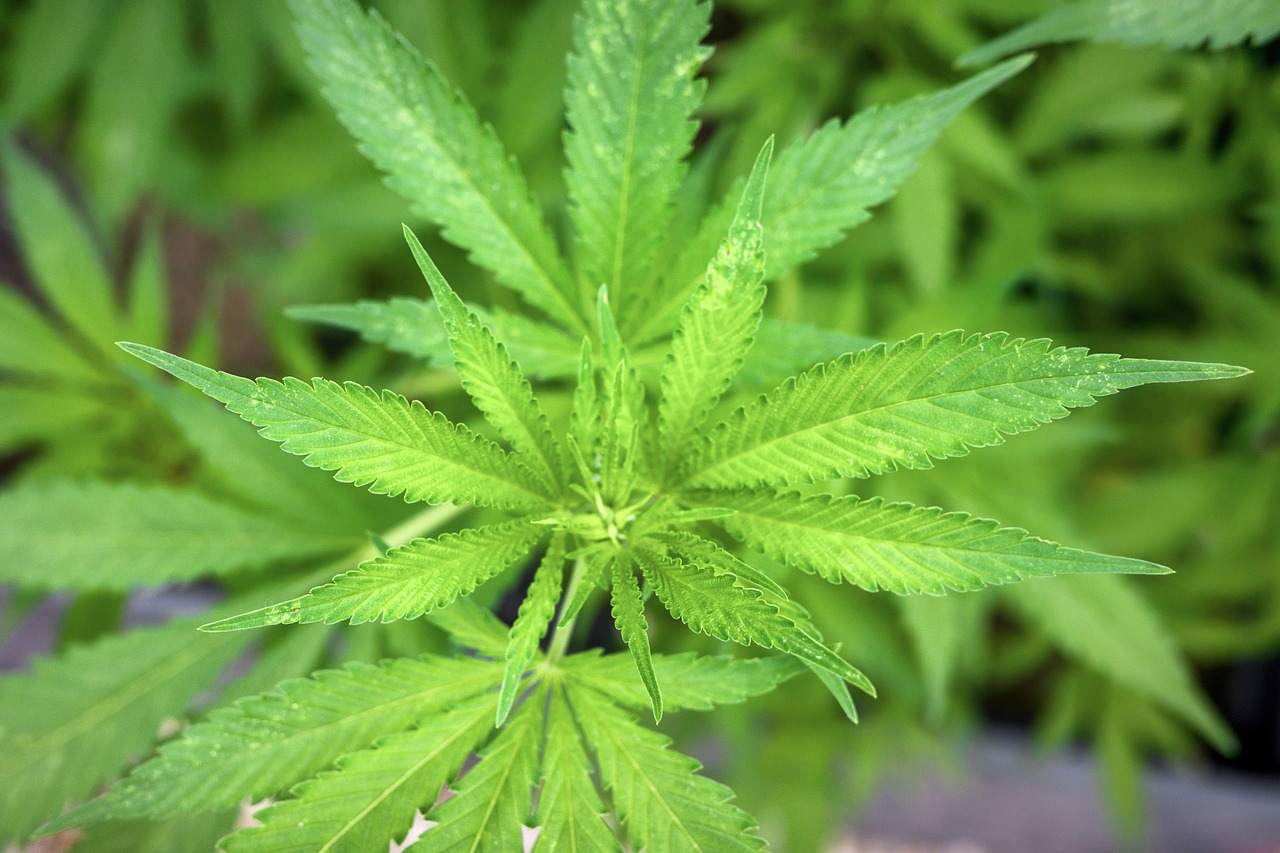
-
Table of Contents
- The Rise of THCA Flower: Why It’s Gaining Popularity
- Understanding THCA
- How THCA Converts to THC
- Health Benefits of THCA
- Consumer Preferences and Trends
- Case Study: California’s Cannabis Market
- Legal Considerations
- Regulatory Landscape
- Market Growth and Future Prospects
- Investment Opportunities
- Challenges and Considerations
- Consumer Education
- Conclusion
The Rise of THCA Flower: Why It’s Gaining Popularity
The cannabis industry has seen a significant transformation over the past decade, with new products and compounds continually emerging. One such product that has been gaining traction is THCA flower. This article explores the reasons behind its growing popularity, backed by research, examples, and statistics.
Understanding THCA
THCA, or tetrahydrocannabinolic acid, is a non-psychoactive cannabinoid found in raw and live cannabis. Unlike THC, which is well-known for its psychoactive effects, THCA does not produce a high. This distinction is crucial for understanding why many consumers are turning to THCA flower.
How THCA Converts to THC
THCA converts to THC through a process called decarboxylation, which occurs when cannabis is heated. This transformation is why raw cannabis does not produce the same effects as smoked or vaporized cannabis. The non-psychoactive nature of THCA makes it appealing for those seeking the benefits of cannabis without the high.
Health Benefits of THCA
Research into THCA is still in its early stages, but preliminary studies and anecdotal evidence suggest several potential health benefits:
- Anti-inflammatory properties
- Neuroprotective effects
- Anti-emetic (anti-nausea) benefits
- Antioxidant properties
These benefits make THCA an attractive option for individuals looking to manage conditions such as arthritis, neurodegenerative diseases, and nausea without the psychoactive effects of THC.
Consumer Preferences and Trends
The shift towards THCA flower can be attributed to changing consumer preferences. Many users are now more health-conscious and prefer products that offer therapeutic benefits without altering their mental state. This trend is evident in the increasing demand for CBD products, which share a similar non-psychoactive profile with THCA.
Case Study: California’s Cannabis Market
California, a leading state in cannabis legalization, has seen a notable rise in the popularity of THCA products. Dispensaries report that consumers are increasingly asking for THCA flower, driven by its perceived health benefits and the desire for a non-psychoactive experience. This trend is supported by data from cannabis market research firms, which show a steady increase in THCA product sales over the past few years.
Legal Considerations
The legal status of THCA is another factor contributing to its popularity. In many regions, THCA is not classified as a controlled substance, unlike THC. This legal distinction allows for easier access and fewer regulatory hurdles, making it an attractive option for both consumers and producers.
Regulatory Landscape
While the legal status of THCA varies by jurisdiction, its non-psychoactive nature often places it in a different category from THC. This distinction can lead to fewer restrictions on its sale and use, further driving its popularity. However, it is essential for consumers to stay informed about the regulations in their specific area to avoid any legal issues.
Market Growth and Future Prospects
The market for THCA flower is expected to continue growing as more consumers become aware of its benefits. Industry analysts predict that the demand for non-psychoactive cannabis products will keep rising, driven by health-conscious consumers and ongoing research into the therapeutic potential of cannabinoids.
Investment Opportunities
Investors are taking note of the growing interest in THCA. Companies specializing in THCA products are attracting significant investment, and new startups are entering the market. This influx of capital is likely to spur further innovation and development, leading to a wider variety of THCA products and increased consumer choice.
Challenges and Considerations
Despite its growing popularity, the THCA market faces several challenges. One of the main issues is the lack of comprehensive research. While preliminary studies are promising, more extensive clinical trials are needed to fully understand the benefits and potential side effects of THCA.
Consumer Education
Another challenge is consumer education. Many people are still unfamiliar with THCA and its benefits. Dispensaries and producers need to invest in educational initiatives to inform consumers about the differences between THCA and THC, and how to use THCA products effectively.
Conclusion
The rise of THCA flower is a testament to the evolving preferences of cannabis consumers. With its non-psychoactive properties and potential health benefits, THCA offers a compelling alternative to traditional THC products. As research continues and consumer awareness grows, the popularity of THCA flower is likely to increase, shaping the future of the cannabis industry.